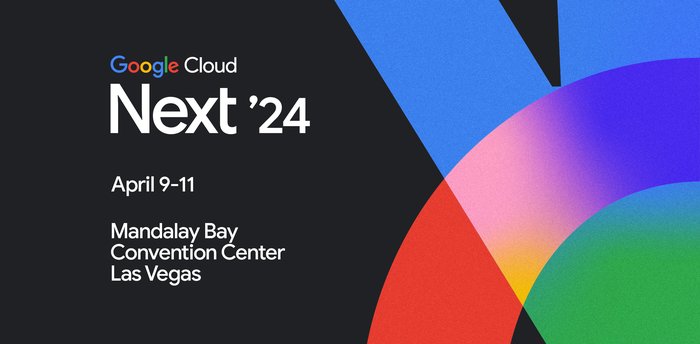How Google Cloud helped Multiplay power a record-breaking Apex Legends launch

Sunil Rayan
Google Cloud for Games Managing Director
Can you take a wild guess how many players a new multiplayer game typically attracts in its first day of availability? Would you say thousands, tens of thousands or even hundreds of thousands?
Without any pre-launch marketing or promotional pushes, the free-to-play battle royale game Apex Legends, from Respawn Entertainment, reached a whopping one million unique players during the first eight hours of its debut on Monday, February 4, 2019. In the first 72 hours after its initial launch, Apex Legends reached 10-million players and has now reached 50 million unique players after just one month.
Managing such high levels of engagement can be nerve-racking and intense. If players experience connectivity issues at launch, the game may never recover. So much rides on a game’s launch, including its reputation, revenue, and longevity; it’s no surprise that it requires a robust infrastructure for an optimal multiplayer experience.
Apex Legends was developed by Respawn Entertainment and published by Electronic Arts, using the game server hosting specialists on Unity’s Multiplay team to facilitate the game’s availability across most major platforms. With a state-of-the-art cloud server orchestration framework and 24/7/365 professional services team, Multiplay is able to fully support ongoing game growth. The orchestration layer leverages Google Cloud to help deliver seamless global-scale game server hosting for Apex Legends in ten regions spanning the Americas, Europe, and Asia.
Predicting the capacity required for a free-play title, from such a prominent studio, is impossible. Multiplay's Hybrid Scaling technology scaled the majority of the demand for Apex Legends with Google Cloud while utilizing its global network of bare metal data centers. Google Compute Engine, an Infrastructure-as-a-Service that delivers virtual machines running in Google's data centers and global network, provides the core computing services. Compute Engine enables Multiplay to effortlessly ramp up to match user spikes — a critical requirement for many games, especially since Apex Legends received 1M downloads in eight hours after its initial debut. Compute Engine virtual machines can also spin down quickly, correlated to player demand, helping to optimize costs when fewer game servers are needed.
Google Cloud’s global private network is also an important infrastructure component for Multiplay. Fast connections, low latency and the ability for game servers to crunch through updates as quickly as possible together ensure the best experience for players.
Multiplay, a division of Unity Technologies, creator of the world’s most widely used real-time 3D development platform, has had a long-standing relationship with Google Cloud.
“After working with Google Cloud on Respawn’s Titanfall 2, Google Cloud was the logical option for Apex Legends. With its reliable cloud infrastructure and impressive performance during our testing phase, it was clear we made the right choice,” Paul Manuel, Managing Director for Multiplay, recently shared. “Throughout launch, Google Cloud has been a great partner. We greatly appreciated the level of dedication the team demonstrated during the simulated game launch, and for making sure we had the necessary number of cores worldwide to support this launch.”
You can learn more about how game developers and platforms turn to Google Cloud for game server hosting, platform services, and global scale and reach in this blog post. And for more information about game development on Google Cloud, visit our website.



